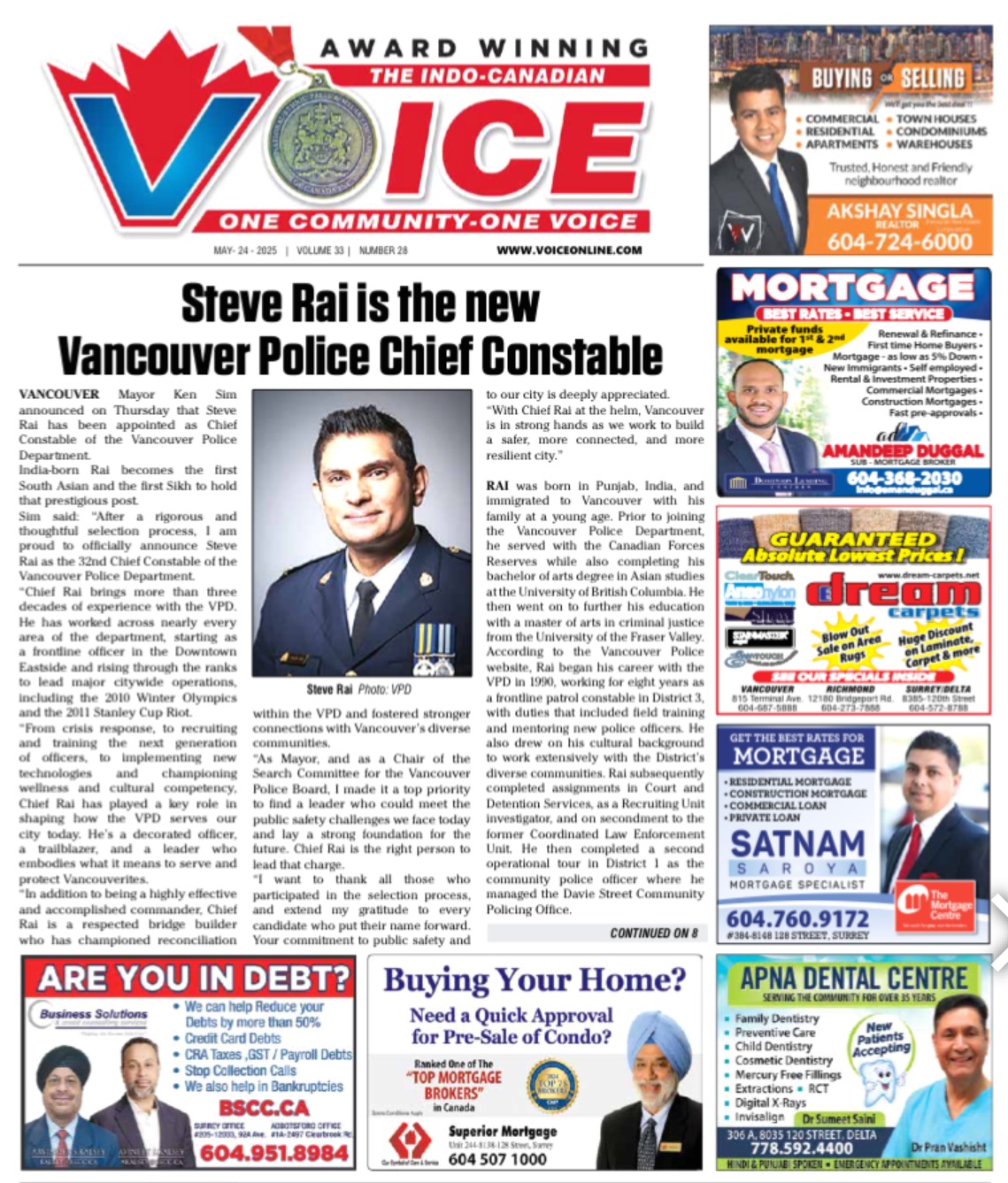ACCESSIBILITY and inclusion continue to be front of mind in BC Parks so more people can connect to the beauty and benefits of being in nature, says the Ministry of Environment and Parks.
Following the release of the BC Parks Commitment to Inclusion in March 2023, facilities such as washrooms, parking lots and access trails to park features have been upgraded to accessibility standards in many parks throughout the province. The upgrades are among several initiatives that help remove barriers that restrict people from accessing outdoor recreation.
“Everyone should feel encouraged and supported to access and enjoy parks in B.C., regardless of their ability or identity,” said Tamara Davidson, Minister of Environment and Parks, on Tuesday. “Creating meaningful access to nature involves more than removing physical barriers for people with disabilities. From our website to campsites, we remain focused on collaborating with communities and partners, and taking action to make parks more welcoming and meaningfully accessible for everyone.”
BC Parks has been creating more accessible facilities for years and incorporates universal design standards into all new campground and recreation expansion projects, where possible. In 2024, accessibility upgrades were included in more than 25 projects. This year, more than 20 projects are underway that will improve park access for people with disabilities.
Among the parks that now have accessibility upgrades is Ross Lake Park near Hazelton. The day-use area was recently upgraded with new accessible parking, compact gravel pathways, picnic tables and pit toilets. A lake-viewing platform and swimming / fishing dock is also accessible.
At Jimsmith Lake Park near Cranbrook, the beach was recently recontoured to improve access, and an accessible beach mat is available during the summer months. Other upgrades include an accessible fishing dock, accessible playground and an accessible picnic area in the lower day-use area, next to the lake.
“Our communities thrive when they are inclusive – when everyone has the chance to participate, contribute and succeed,” said Dana Lajeunesse, parliamentary secretary for accessibility. “When we make parks more accessible, we are ensuring that more people of any ability can experience the beauty of B.C.’s natural spaces.”
BC Parks continues to partner with diverse community organizations and collaborate on projects that break down barriers. This year, BC Parks partnered with the BC Parks Foundation and the Island Deaf and Hard of Hearing Centre to give more people the opportunity to connect with the wonders of the natural world through virtual self-guided nature walks and park tours in American sign language (ASL).
Children and adults who are deaf or hard of hearing can learn about parks through ASL videos that are accessed via QR codes and at DiscoverParks.ca. The initiative began at Goldstream Park and has grown to include Rathtrevor Beach, Cultus Lake and Golden Ears parks. A virtual sunset photography lesson is also offered at Porteau Cove Park.
“As a deaf parent and advocate, accessible experiences in nature, especially those that include ASL, are life-changing for families like mine. Too often, deaf individuals are excluded from outdoor education and community events due to language barriers,” said Monika Lane with the Island Deaf and Hard of Hearing Centre. “These ASL nature tours and resources not only provide access, but they foster a deep sense of belonging and connection. I am grateful to see BC Parks taking meaningful steps to make inclusion a reality.”
The BC Parks Foundation works with BC Parks, funding equipment, upgrades to facilities, and new park experiences throughout the province. The foundation also supports the ASL project and trains Discover Park ambassadors in accessibility and inclusion.
“British Columbians feel strongly that everyone should be able to access and feel at home in parks,” said Andy Day, CEO, BC Parks Foundation. “It’s who we are, and it’s good for B.C., boosting physical and mental health, creating jobs and wealth, bringing people together and making us all feel proud about being British Columbian.”
BC Parks partnered with RAD Recreation Adapted Society to help buy two adaptive mountain bikes for programs in Vancouver and Invermere. Where park terrain is challenging to upgrade to an accessible standard, adaptive equipment, such as all-terrain wheelchairs, beach wheelchairs and adaptive mountain bikes, help improve accessibility, but the cost can be prohibitive.
To help newcomers to Canada feel welcome in parks, BC Parks offers the Learn-to-be-in-Nature event series. The free community-focused events provide a fun, supportive space for people to build confidence in outdoor recreation, explore local parks, and learn safety and environmental practices. Three events will be held this summer:
* Vancouver on June 7;
* Terrace on June 17; and
* Smithers on July 5.
Created with input from community organizations that serve equity-deserving groups, the BC Parks Commitment to Inclusion outlines the range of actions taken to ensure provincial parks and protected areas are more welcoming.
Learn More:
For more information, visit the BC Parks Commitment to Inclusion webpage: https://bcparks.ca/about/
To learn more about accessibility in BC Parks, visit: https://accessibility.bcparks.










